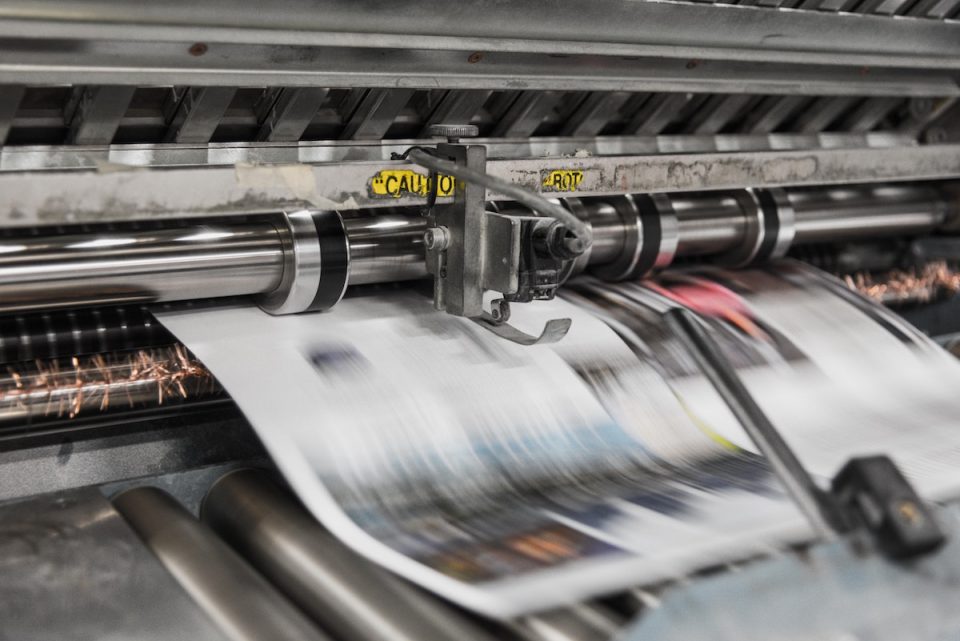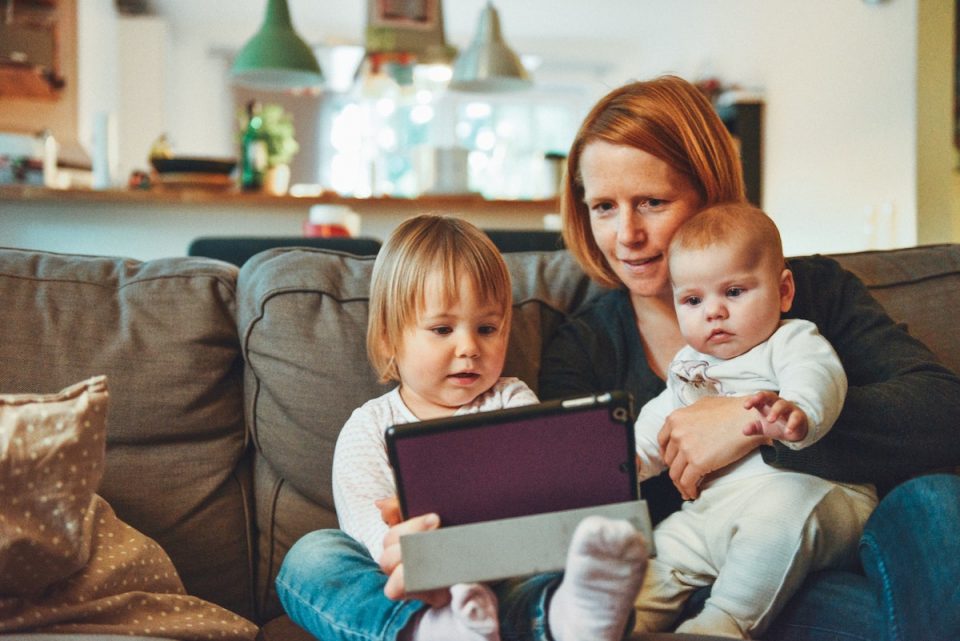Why we should celebrate Paper Bag Day

How Safe is Paper in the Time of COVID-19?
July 7, 2020
How can your remote team communicate effectively?
July 14, 2020
July 12 is National Paper Bag Day. The day was established to celebrate the humble paper bag – in a bid to encourage a move back to a more sustainable way of taking our shopping home.
Paper packaging is not new. In fact, American inventor Francis Wolle patented the first paper-bag-making machine back in 1852.
In 1870, his invention was moved on a notch by the innovation of Margaret E Knight – for it was she who designed the square, flat-bottomed bag and the machine that would manufacture them in a cut, fold and paste process.
Her invention heralded the beginnings of the brown paper grocery bag in which Americans took home their groceries for decades. In fact, Knight was known as “the mother of the grocery bag”.
A step backwards
However, Knight’s invention was phased out over the final decades of the twentieth century and the start of the twenty-first. Stores moved to plastic bags which promised to offer greater longevity.
Like so many things, the plastic bag’s strength was also its greatest weakness.
Plastic bags take hundreds of years to degrade. As well as polluting our streams, rivers, and seas, they have been shown to harm many living organisms and contribute to the ecological disaster that is microplastics.
Back to the future
As the world’s eyes were opened up to the dangers of single-use plastics, including by such luminaries as Sir David Attenborough, stores have begun moving away from plastic.
Some stores have opted for “reusable” plastic bags.
This strategy has some weaknesses: the bags are still constructed from plastic material and not everybody reuses them.
Instead, the humble paper bag of Knight’s invention offers many more advantages. In fact, paper bags not only eliminate the problem of plastic waste but can also actively help in the fight to combat climate change.
The benefits of the paper bag
How can paper bags help in the fight against climate change?
The raw material from which paper bags are manufactured is trees. And, as young trees grow, they absorb carbon dioxide from the atmosphere.
Furthermore, paper is a closed-loop process. It has some of the highest recycling rates of any material around the globe. In Europe, for example, the paper recycling rate is 72 percent.
Even better, paper bags are strong enough to be reused several times before they need to be recycled.
In this way, paper bags help in all three approaches to a more sustainable life: reduce, reuse, and recycle.
Celebrate paper bag day on July 12
Paper bags are highly valued by consumers.
Eighty-six percent of consumers questioned in a recent IPSOS survey said, if they had to choose between paper packaging and another material, they would choose paper.
The same survey found that using paper also creates a more favorable impression of your brand with 80 percent of consumers.
That’s something worth celebrating – and national paper bag day invites us to do exactly that on July 12 every year.
It seems that Julie Andrews wasn’t alone when she sang that “Brown paper packages tied up with string” were among her favorite things!



